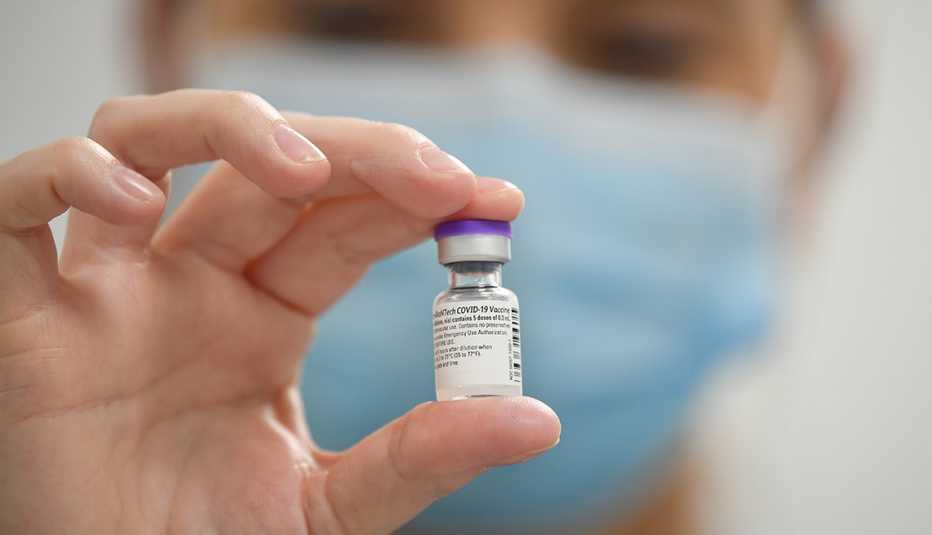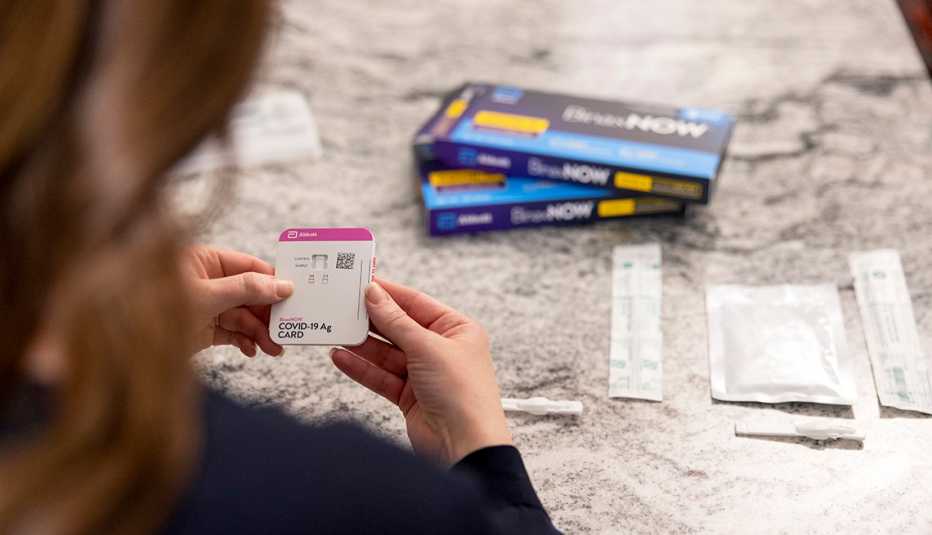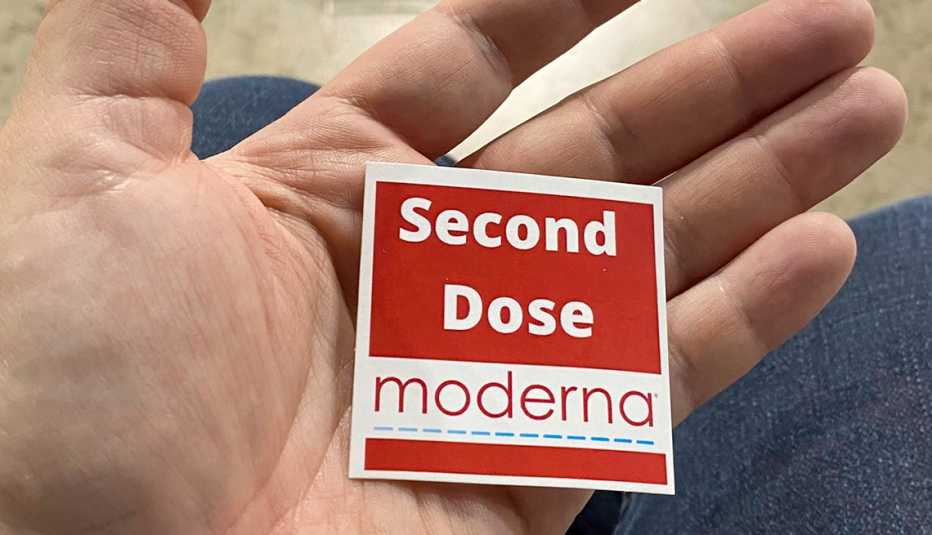AARP Hearing Center
In the early days of the pandemic, when health care workers were struggling to treat patients who poured into emergency rooms sick with COVID-19, a 2017 study landed in David Meltzer's inbox that gave him an idea. It found that people who took vitamin D were less likely to have a viral respiratory tract infection.
"At that point, we had nothing” to treat COVID-19, says Meltzer, M.D., chief of the Section of Hospital Medicine at the University of Chicago. “We didn't have dexamethasone [a steroid now used to help counter inflammation caused by a coronavirus infection] — we truly had nothing. So I thought, Wow, this is worth looking into.”
In the last year, Meltzer has published two studies exploring vitamin D and its potential impact on COVID-19 risk — and he's not the only one. Several others have investigated vitamin D as a tool for COVID-19 prevention or treatment, and around 50 studies on the subject are currently active or recruiting participants, according to the government's registry of clinical trials.
Why is there such interest in vitamin D?
There are a few reasons researchers have zeroed in on vitamin D, which is perhaps best known for its bone-health benefits. For starters, it plays an important role in immune function and helps keep inflammation in check. And “one of the problems” with COVID-19, Meltzer says, is that some people's immune systems go into overdrive, “and you get inflammation in the lungs and shortness of breath, and all that sort of stuff.”






































































